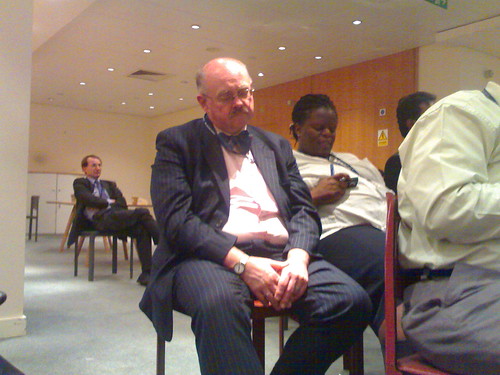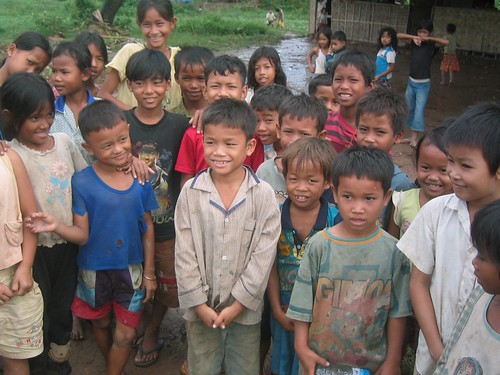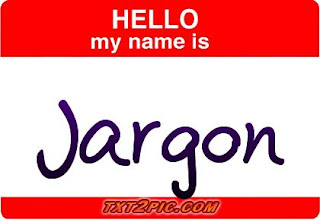A friend of mine recently attended a meeting that was intended to develop a process to guide the preparatory meetings for the coordination meetings with the Ministry of Health. And the thing is, when you’re in the thick of it, these meetings make sense. You do need a unified message before you talk to your host government, and without some ground rules, the prep meetings to develop that message can get genuinely ugly.
All of this led me to think about process, and its sibling, bureaucracy. I’ve always had a pretty unpopular belief in the value of bureaucracy. Bureaucracy, to me, is the core of an organization. It’s what keeps an organization functioning when its staff changes. Without the forms and the regulations, you don’t have an organization. You have a cult. The structures are what makes it about more than just whoever works there at the moment. Bureaucracy puts the “organize” into organization.
That does not mean, however that bureaucracy should rule your work. It’s supposed to help the work get done. The work does not come second. And everyone accepts that. In fact, most non-me people hate bureaucracy.
Unfortunately, this is not the case with process. Plenty of people will sing the praises of “process.” Having a well-thought-out process means that you are Doing a Good Thing. If your intervention fails – the village women don’t feed their children more beans, or the Ministry of Education refuses to adopt your snazzy new curriculum – well, at least your process was good. Everyone benefits from being part of it.
I call shenanigans. Process is a jargon word that we use to obscure what’s going on. If your process is a series of meetings (and it almost always is), say so. And a good process is a process that achieves your goals. No more and no less. Nobody benefits from your stakeholder interviews if their input never turns into anything.
Lastly, some food for thought. A project I was connected to wanted to solve a problem they were seeing in a lot of rural clinics. The clinics would just use up all of their medicines, and then request more from the central supply. Since new drugs didn’t arrive instantly, there could be stock-out periods of a week or more while they waited for the new drugs to come.
To fix this, the project wanted to implement a pharmaceutical logistics system. They brought in a consultant from Europe, who worked with a group of clinic managers and Ministry of Health staff to estimate ongoing demand from different kinds of drugs. Based on these estimates, they then set re-order points for drugs. So, if you distributed, say, 10 IUDs a week, you would reorder IUDs when you were down to 15 of them, giving you a week and a half of time until the new ones came. The consultant turned these plans and estimates into a training system, and the project went around training rural clinics to use the new method.
Nobody ever did. Despite the training, and the eminent logic of the system, nobody ever did. Rather than try to determine why, the project wrote off the exercise as a failed pilot project and carried on. (My own suspicion is that clinics ordered their drugs when they knew that central supply had them, and were afraid that if they ordered according to some system, their orders would go unfilled.)
One of the project staff, when describing the whole fiasco to me, said something I’ve always remembered. “We paid thirty thousand dollars for the consultant, the curriculum, and the trainings,” he said. “If we’d given that thirty thousand to the government in return for a promise to improve their ordering system, every clinic in the country would be using it by now.”
(photo credit: markhillary)
Chosen because that’s exactly like many of the meetings I attend.







